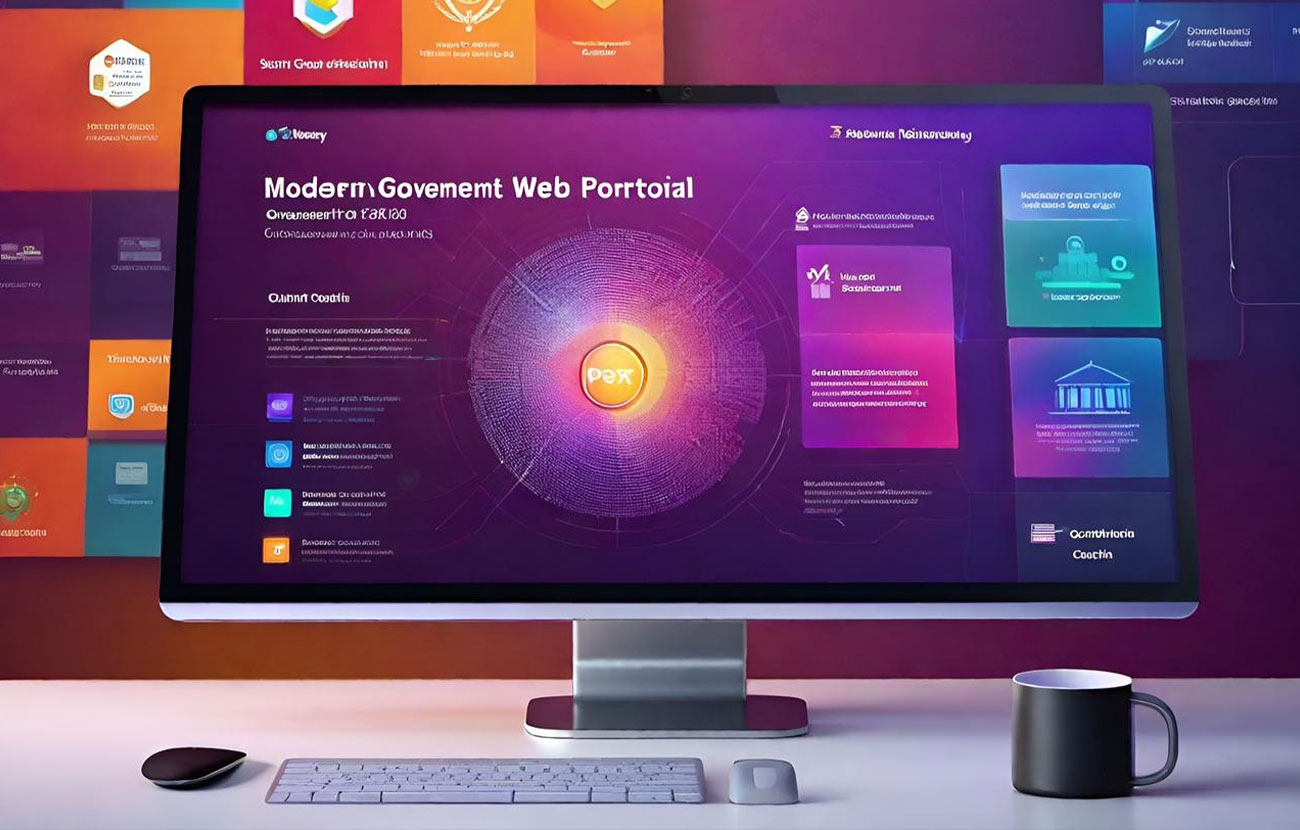Infrastructure Management: Ensuring Reliability for Government Operations

Infrastructure is the backbone of any organization, and when it comes to the government, the stakes are exceptionally high. Infrastructure management, therefore, becomes vital in ensuring that government operations run smoothly, effectively, and efficiently. But what does infrastructure management encompass, and why is it so crucial for government agencies?
Understanding Infrastructure Management
At its core, infrastructure management involves the design, operation, maintenance, and upgrade of the fundamental structures and services that underpin an organization. For the government, this includes everything from data centers, networks, and servers to software applications, databases, and cybersecurity measures.
Why Infrastructure Management is Essential
- Operational Continuity: Government operations are critical, often involving public safety, welfare, and essential services. Proper infrastructure management ensures these operations continue without interruption.
- Security: Government agencies handle vast amounts of sensitive data. A well-maintained infrastructure provides the first line of defense against cyber threats and data breaches.
- Cost-Efficiency: Proactive infrastructure management can help preempt failures and costly downtimes. Regular maintenance, timely upgrades, and efficient resource allocation can lead to significant savings in the long run.
- Scalability: Governments evolve and so do their infrastructure needs. Proper management ensures that the infrastructure can adapt and grow in response to changing requirements.
- Improved Service Delivery: A robust infrastructure translates to faster, more reliable services for citizens, from online portals to public communication channels.
Challenges in Government Infrastructure Management
- Legacy Systems: Many government agencies still rely on outdated systems. Upgrading these without causing service disruption is a significant challenge.
- Resource Limitations: Governments often operate under budget constraints, which can impact the frequency and extent of infrastructure updates.
- Regulatory Compliance: Government operations are bound by numerous regulations, which can complicate infrastructure changes and updates.
- Complexity: The sheer scale and diversity of government operations make infrastructure management incredibly complex, necessitating specialized expertise and tools.
Future Outlook
With advancements in technology, infrastructure management is seeing a shift towards automation, cloud solutions, and integrated systems. Artificial Intelligence and Machine Learning are also playing roles in predictive maintenance, threat detection, and resource optimization. For government agencies, staying updated with these trends is not just beneficial—it’s imperative.
Conclusion
Infrastructure management is, without a doubt, one of the cornerstones of effective governance. As governments around the world face increasing demands from their citizens for transparency, efficiency, and reliability, a strong emphasis on infrastructure management becomes the key to meeting these expectations. In essence, for a government to serve its people effectively in today’s digital age, the foundation—its infrastructure—needs to be rock-solid.




